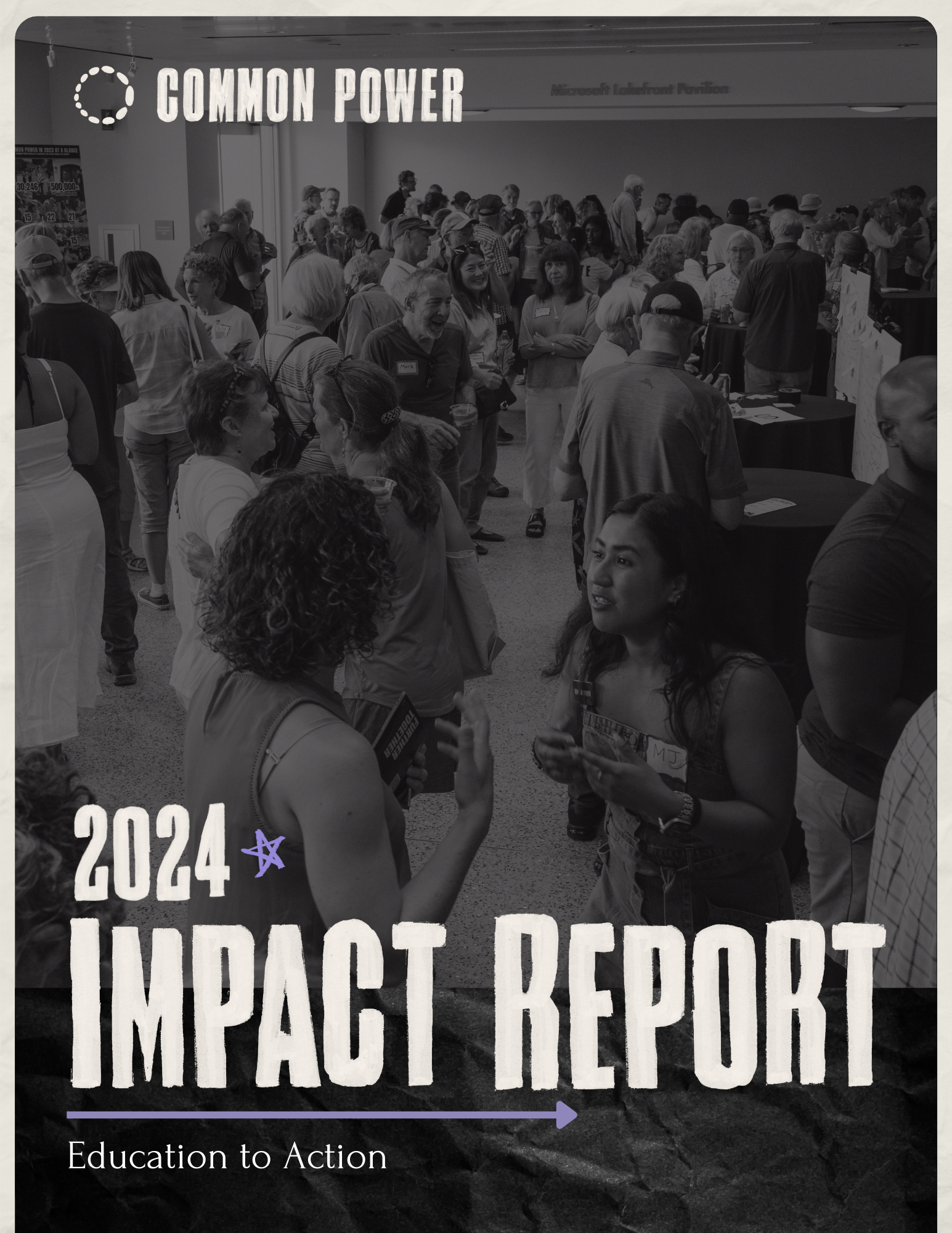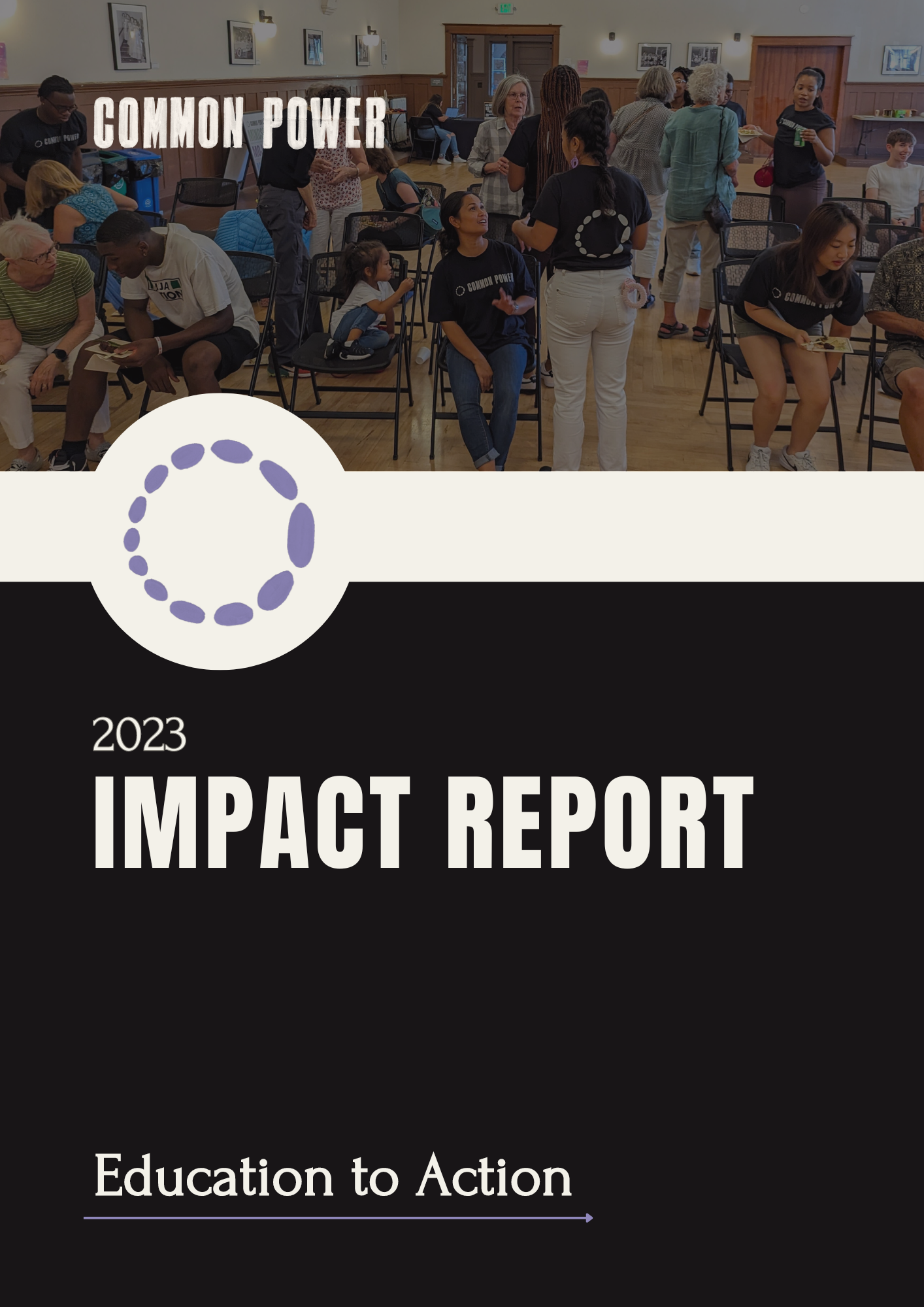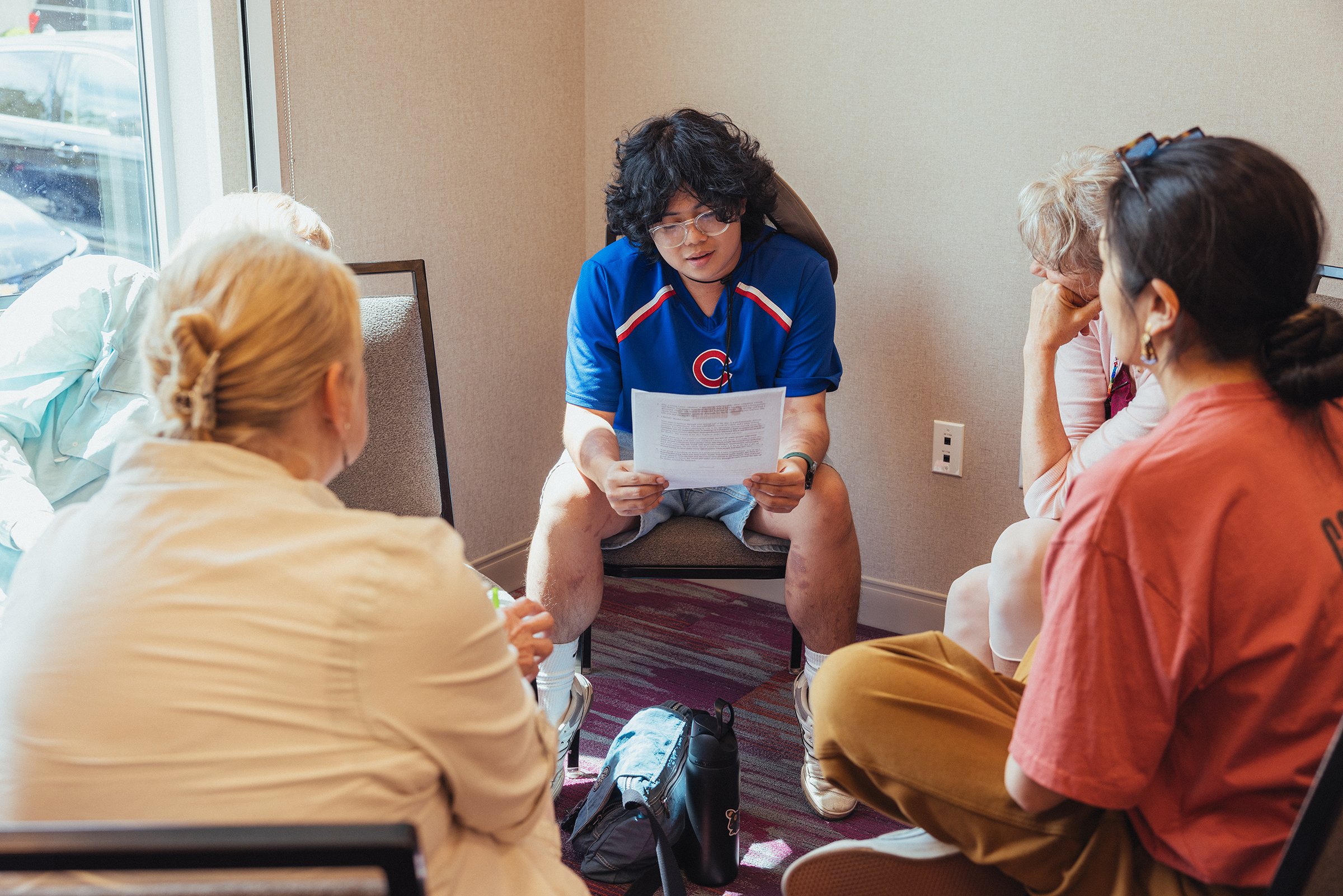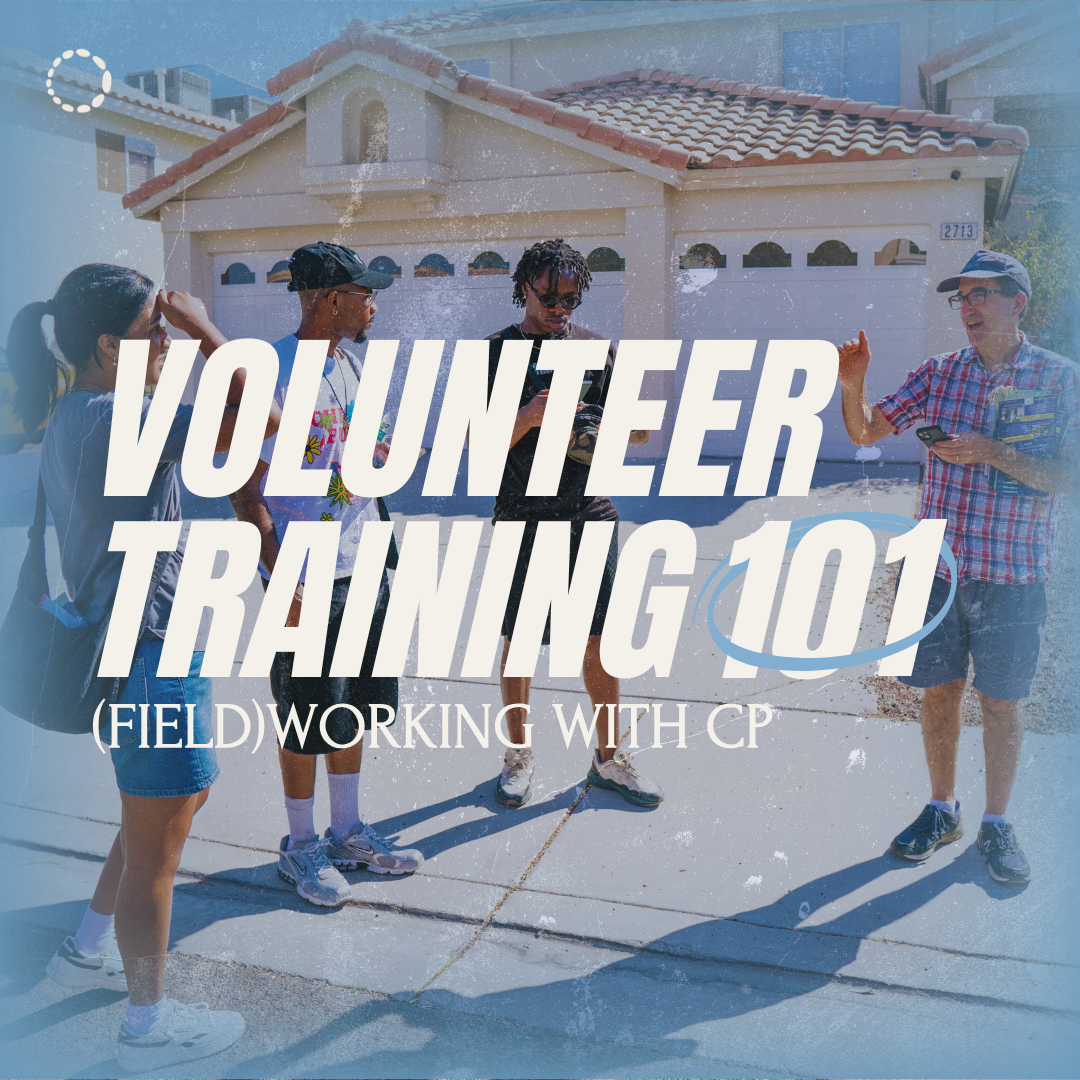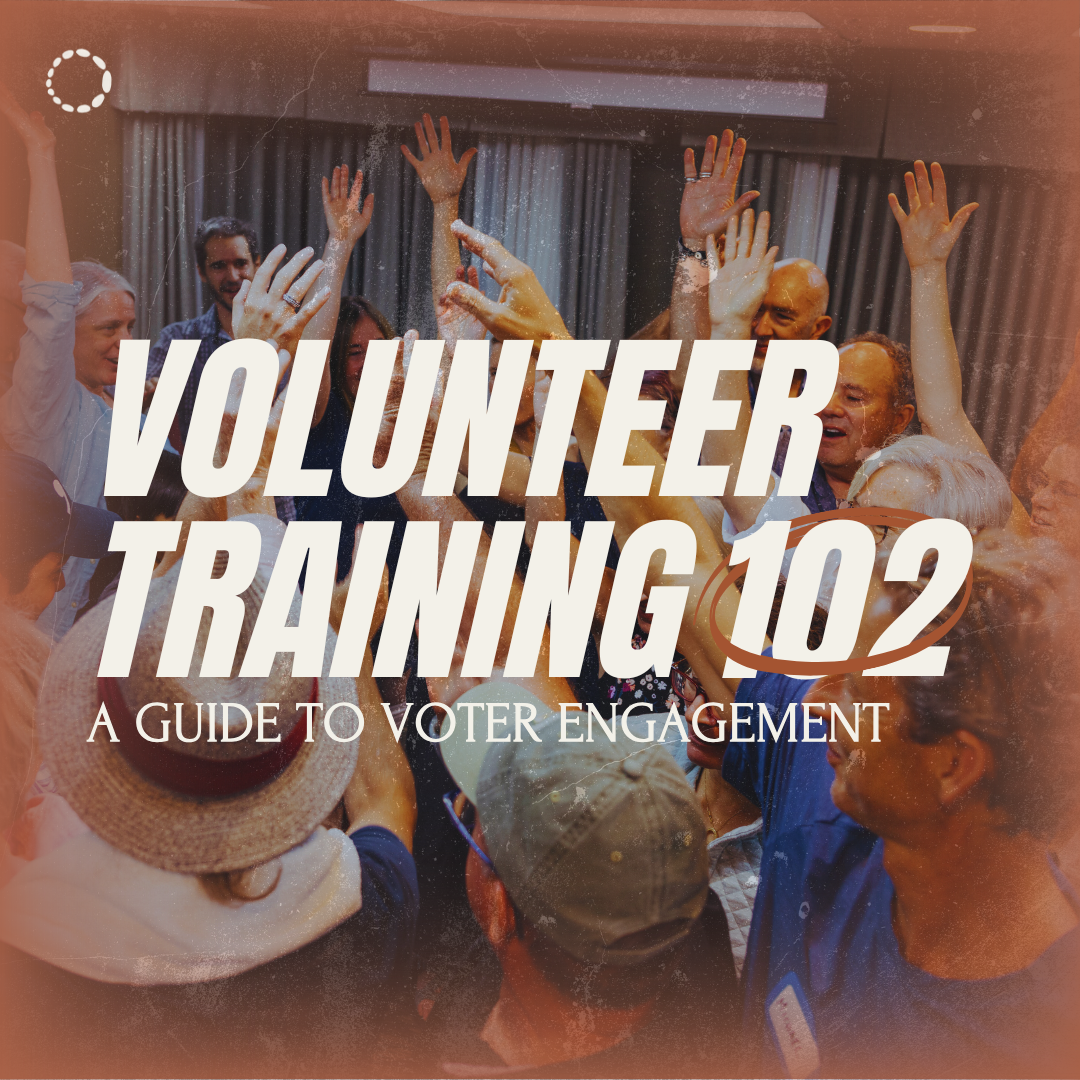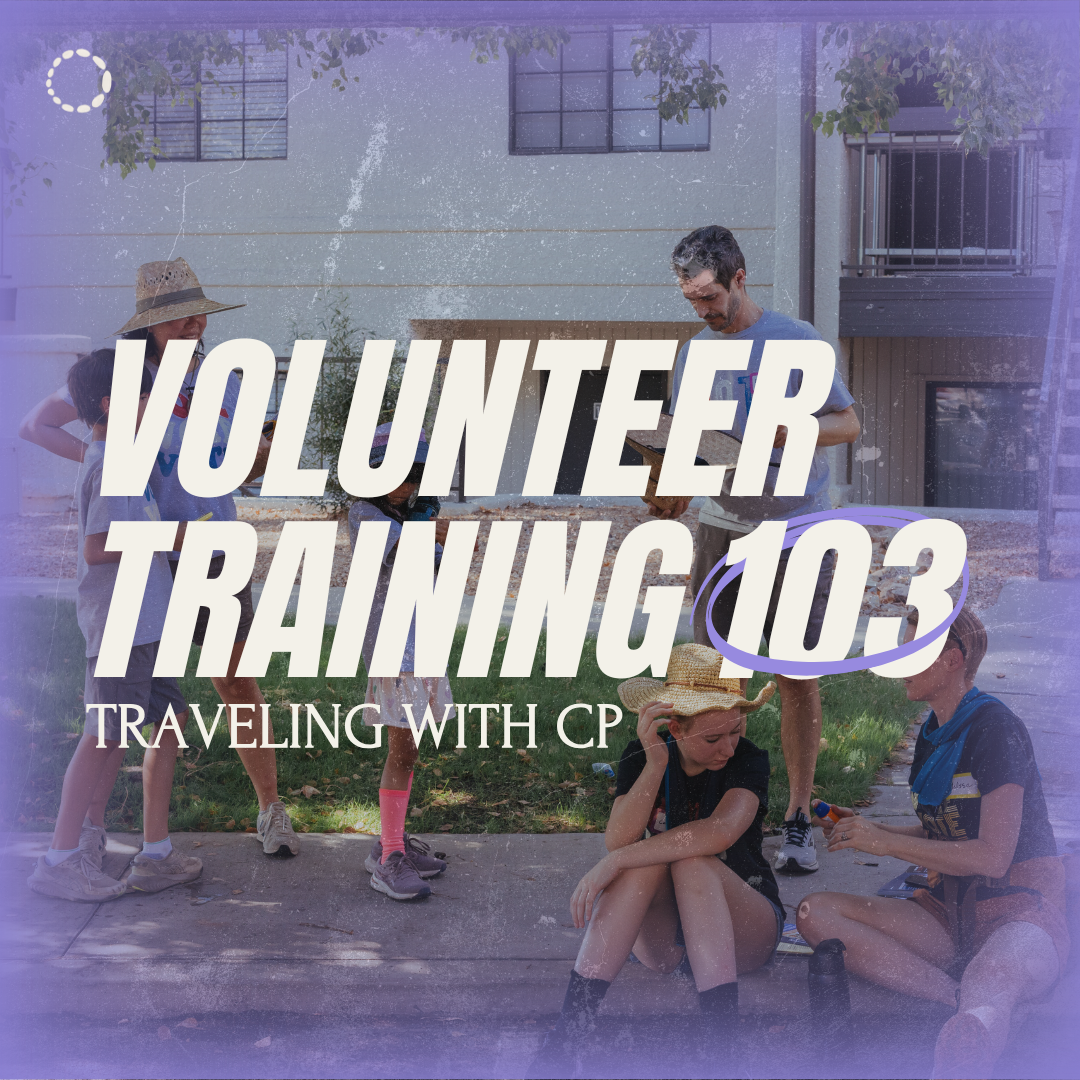
HOW WE
FIELD(WORK)
We’re intentional. We don’t just get out the vote at doors, we make connections with voters. We don’t just volunteer for self-enrichment, we are building relationships with each other because we’re all here with a common purpose. That’s why when we travel into communities to talk with voters, it includes learning from local leaders, and building understanding across race and age within our team.

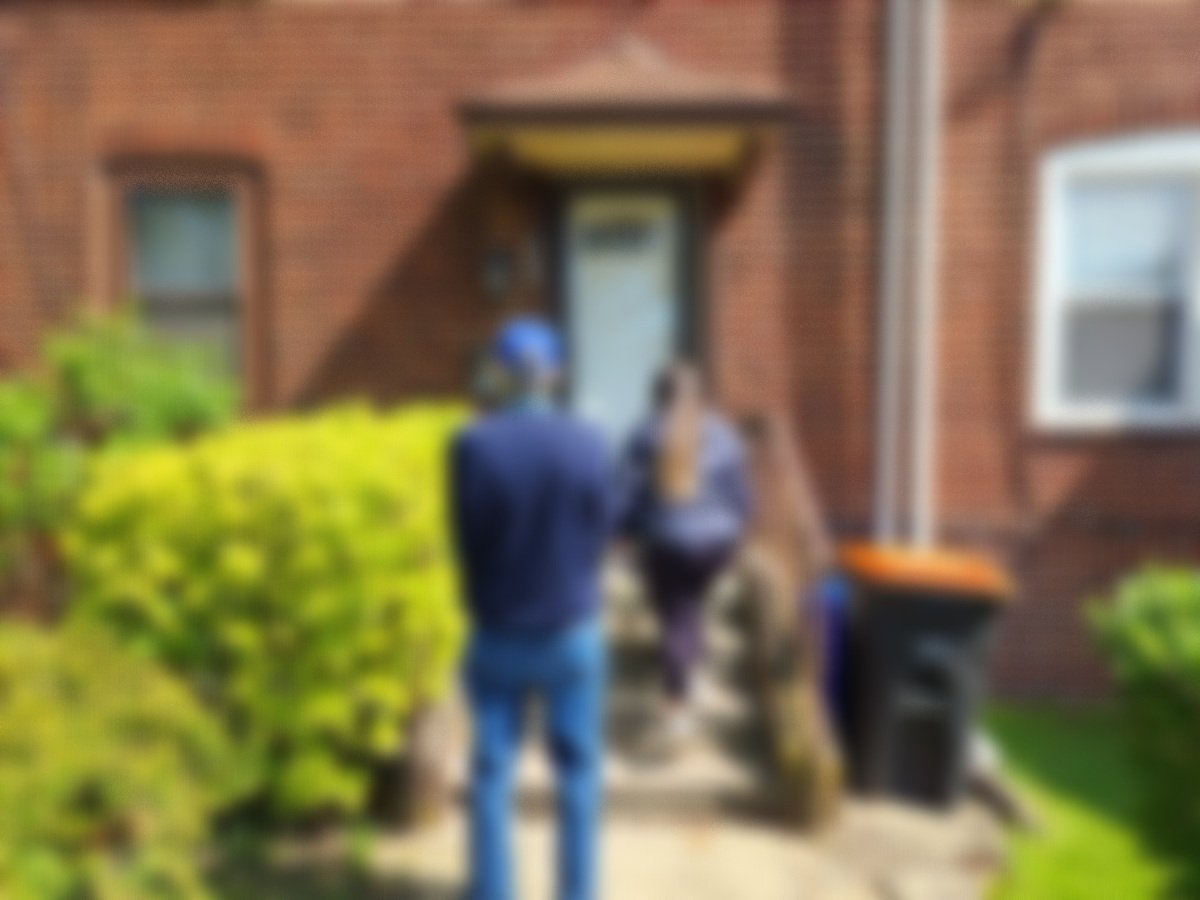
THE COMMON POWER WAY OF EXPERIENCING ELECTIONS
VOTER ENGAGEMENT
Doorknocking in NC.
We move voters at doors to win elections. We believe electing the right people to the right office is the most effective path to create lasting advances in voting rights and to our democracy.
POLITICAL EDUCATION
Hasan Jeffries leading Action Assembly.
We move ourselves to learn. Educating ourselves on the communities and political environment we work in results in more meaningful interactions, creates better practices, and sustains involvement
LEADERSHIP DEVELOPMENT
Gen Z Team Lead in NV.
We move each other to work across differences. Diverse teams across age and race are more resilient and innovative. We build collaborative environments where the community can thrive and next-gen leaders can develop skills.


OUR IMPACT REPORTS
Check out our annual Fieldwork Reports to see where we made a difference. Our volunteers are part of the margins of victory in key races across the country.
Click on the report covers to read the full document.

280,000+ DOORS IN 18 STATES
Since 2022 we’ve knocked on
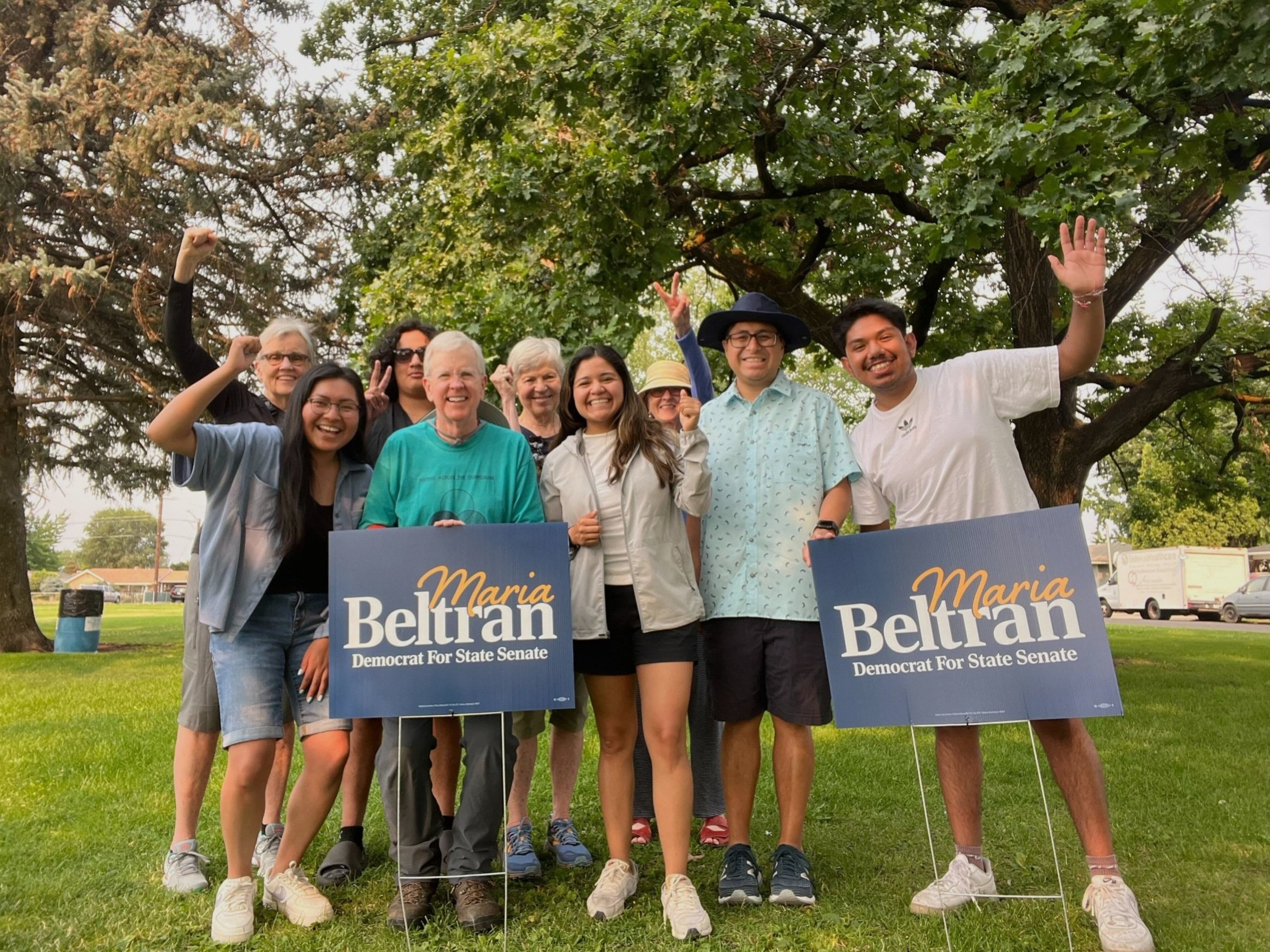

See community 👆. We actually live out the saying “further together” and don’t let our volunteers work alone. You’ll see that in training with our Volunteer Trainers, in traveling with our Team Leads, and in doorknocking as a group, we do it as teams (even volunteer remotely in-person).
On the ground, volunteers arrive and depart together as a Team. Whether you’re there for the entire trip or just a couple of days, you’re part of a larger Common Power cohort.
THE DAY-TO-DAY AS A FIELDWORK TEAM
Attend an upcoming session of Volunteer Training 103: Traveling with CP to learn more about how we travel together.
Team Nevada at a hotel in Las Vegas, NV.
Morning Meetings
The Team meets every morning at the hotel lobby to get the latest information and your day’s assignments. After breakfast, we share updates on carpools, turf locations, and mini-van refreshers before heading out to get out the vote!
Carpool group in Phoenix, AZ.
Carpool Groups
For the majority of the day, volunteers are in carpool groups that our Team Leads organize. We intentionally pair inexperienced volunteers with experienced volunteers. These volunteers will then tackle neighborhoods together for the rest of the day.
New carpool groups are assigned each day so volunteers can work (and get to know) everyone on the team.
Volunteers doorknocking in Philadelphia, PA.
Doorknocking Together
For the majority of the day, the carpool groups will work together to complete a collection of turfs our partners have given us for the trip. The average carpool group can finish up to 4 turfs a day.
In the middle of the day, carpool groups will take a break for lunch nearby before finishing their turfs.
Group debrief at hotel in Richmond, VA.
Evening Debriefs
Everyone groups up again every evening to debrief and share the day’s challenges, highlights, feedback, and tips and tricks.
This is what a typical day of doorknocking looks like, but we always make room for special events, or updates from partners. Rinse and repeat. By Day 3, you’ll be a pro.

STATE TRIPS ARE ORGANIZED BY TEAM LEADS
NV Team Leads during a morning meeting.
Fieldwork team together in VA 2023.
WI Team Leads organizing before doorknocking.
Team Leads are select volunteers across the country. Some come from our Institute Educators and Action Academy programs, some are super volunteers stepping up. All of them are ready to lead you to win this election!
Team Leads facilitate our doorknocking trips. They coordinate travel logistics, provide critical communications, and are the organizers in the field when you travel with CP. Common Power offers Team Leads training, resources, networking opportunities, financial support and — most critically — the opportunity to tangibly work with those on the ground across the country.
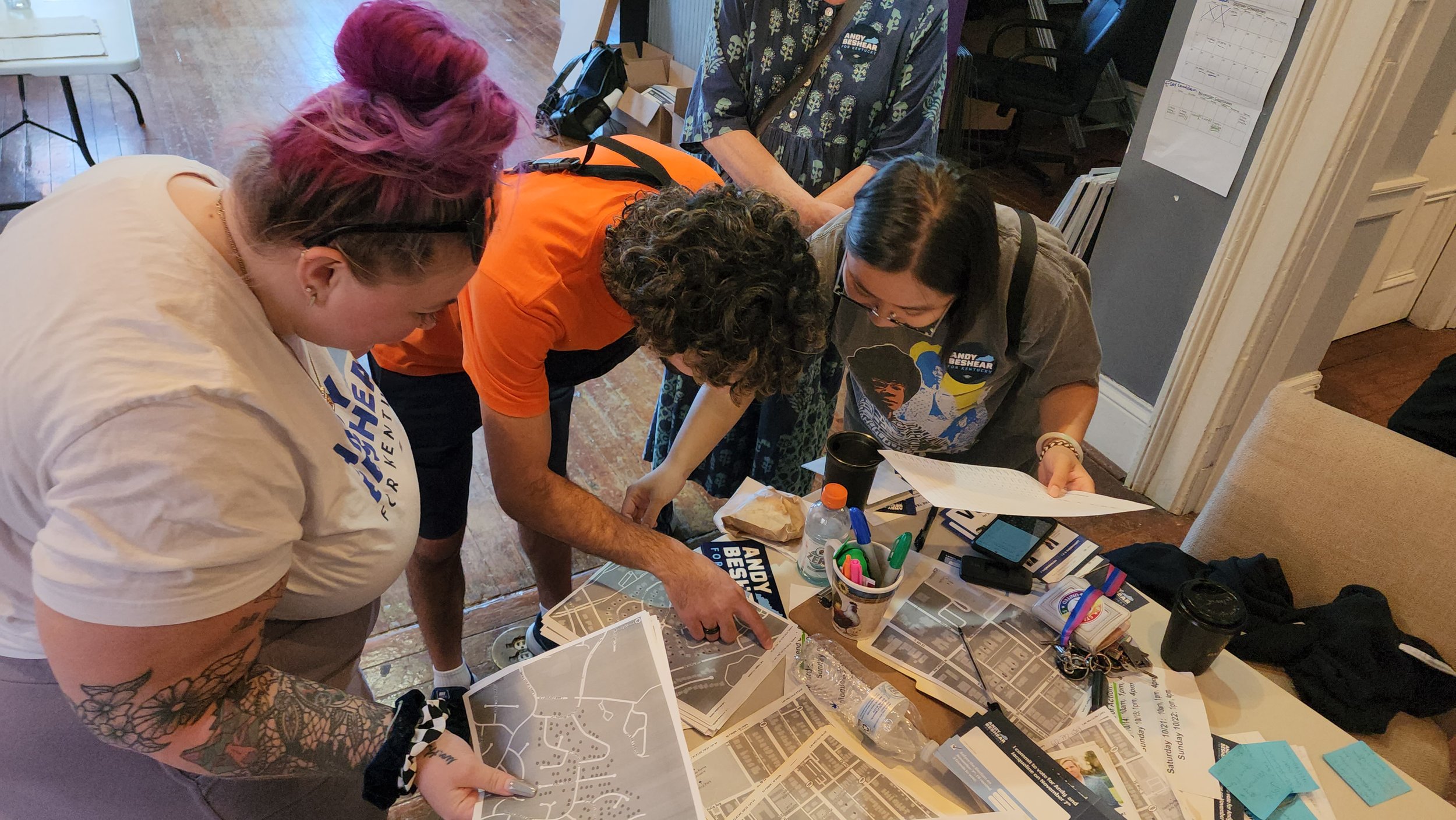

Listen, the people closest to the problem are closest to the solution. As out-of-state volunteers, we recognize our privilege. We defer to local citizens who live and work in community and will continue to do so after we leave. While on the ground we fully adopt our partner’s plans, priorities and tactics.

What we do for our partners.
Volunteers doorknocking in Philadelphia, PA.
WE ARE FIELD MULTIPLIERS
Our partners strategically deploy us. Know that when you’re with Common Power, you’re in the place with the most need. Conversations with our partners point us to areas that are not as supported by other volunteers. Our sheer capacity frees up partner organizations to direct their resources to harder to reach voters and other programming.
Common Power has a reputation: our volunteers will go where your volunteers won’t. Our success is measured by more than just doors. Our partners might ask us to table events, take part in rallies and events, drive voters to the polls, or ferry around yard signs. If it helps, we don’t say no!

HOW DO WE SEEK OUT PARTNERS:
We choose our partners in our selected states based on these factors.
Knowledge of their political landscape.
Ability to support our volunteer volume.
Alignment with our goals and values.
Committed and connected to progressive causes.

What our Partners do for us.
Gathering turfs and literature from a PA partner.
THE DATA, TOOLS AND WINNING STRATEGY
Which voters to talk to. Our partners have narrowed down the voters that will make the difference in an election; whether that be suburban moms, college students, or voters in working-class neighborhoods. Our partners give us “lists” of voters to contact and we knock on those specific doors. Often talking to leaning progressives who just need a reminder and information to vote!
What to say to voters. Each partner will have a script and talking points for volunteers to follow at the doors. If you’re interested in voter engagement techniques for effective conversations, check out our volunteer 102 training.

OUR PARTNERS









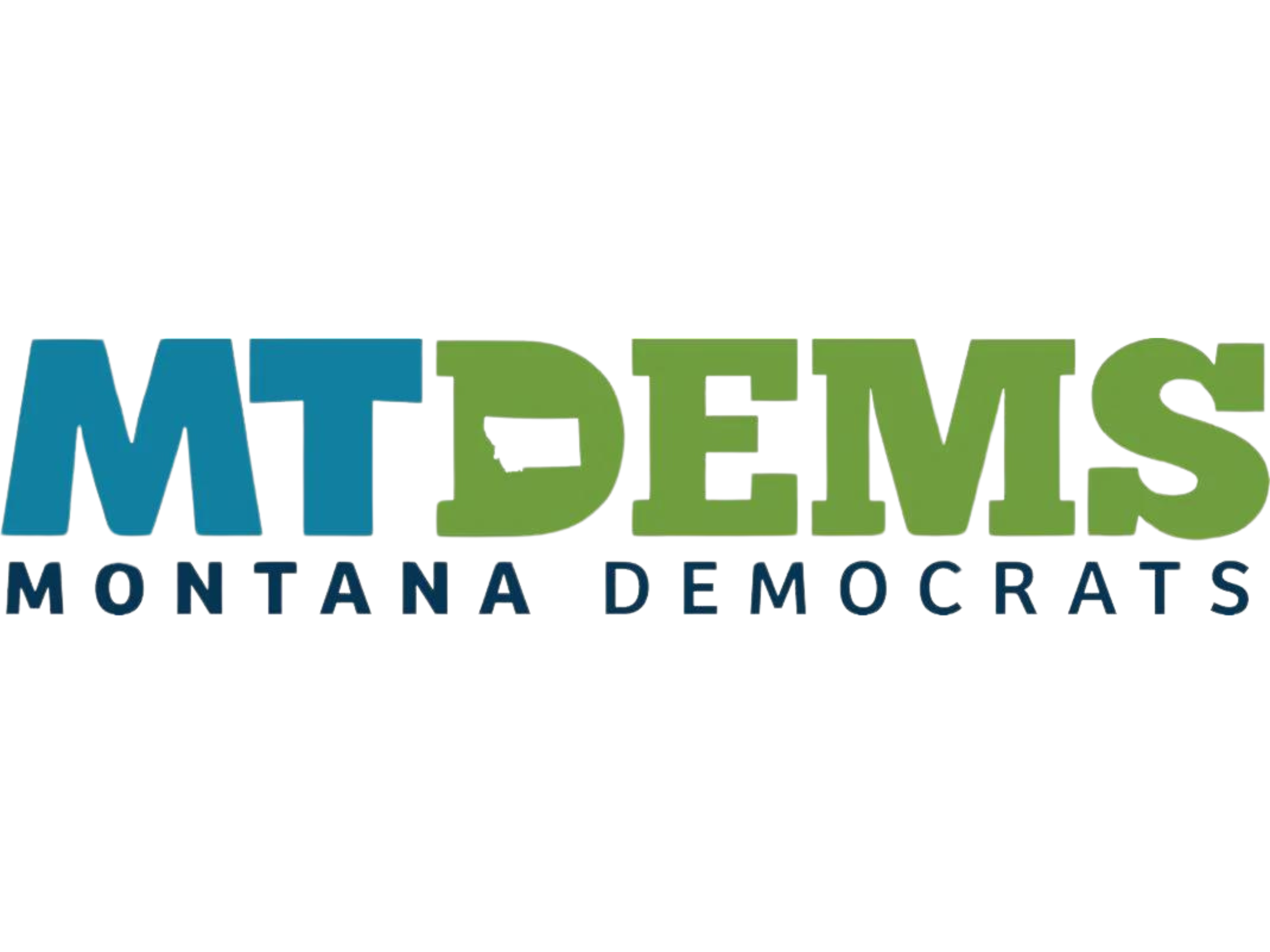









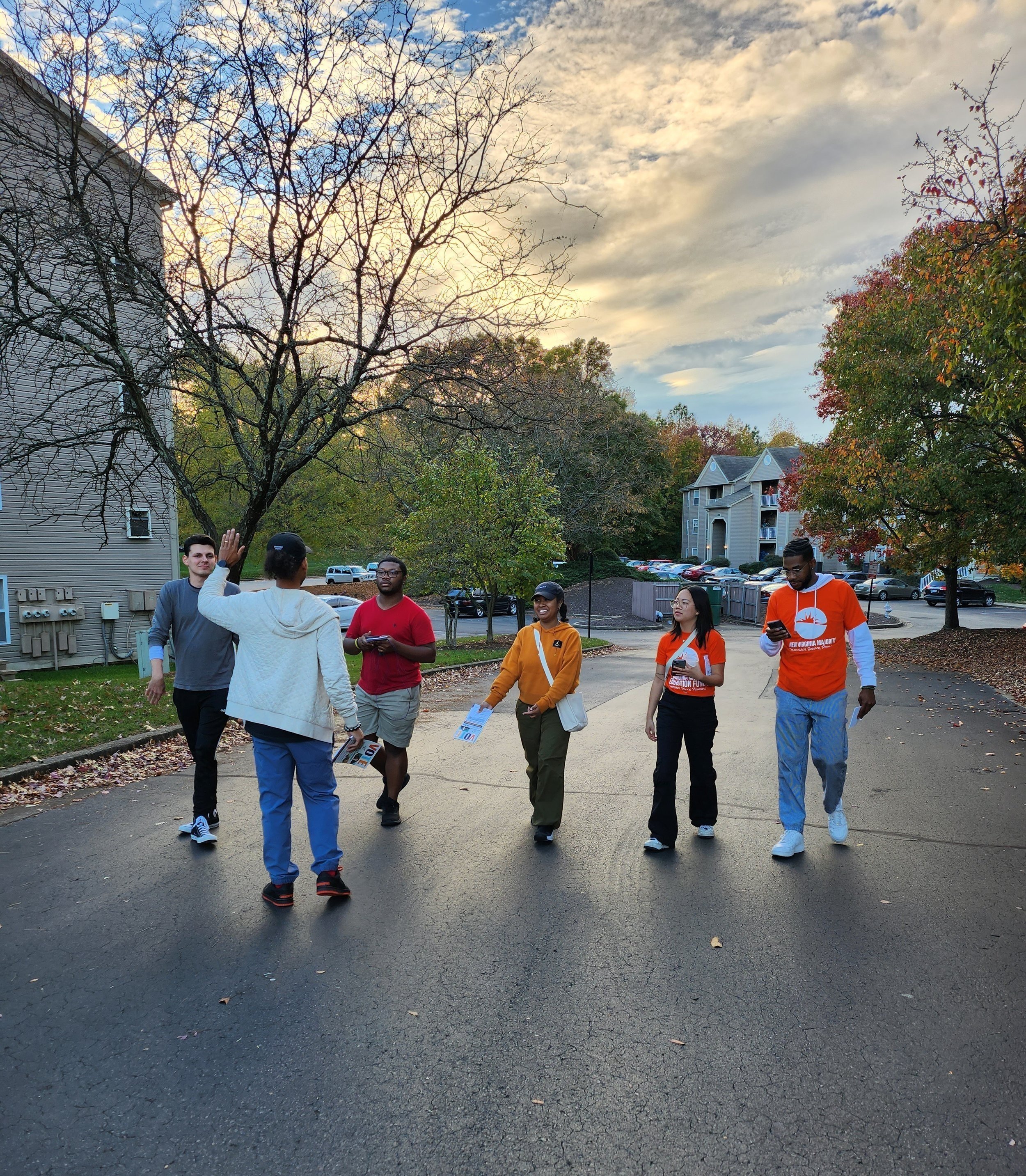

Volunteers with a voter in Columbus, OH 2024.
OUR YEAR ROUND PROGRAMS
Civic engagement should not be driven by political crises. Elections naturally have periods of low and high intensity. Instead of constantly ramping up or spinning down, we sustain our work through programming and community.
-
We keep our skills sharp with year round volunteer training. We don’t get ready, we stay ready. We offer training in live zoom sessions for all levels of volunteers to Learn how we travel and prepare for action on the ground.
Visit our Volunteer Training page to learn more
-
Bring CP to your community. Volunteers can gather their own friends/family and work on curated remote action as group in Squads. quads are small groups of friends, family, or even coworkers, coming together to take action. We feed you curated action opportunities to make the most difference.
Find more on our Squads page
-
We build voting habits with voters through regular voter registration and voter education events.
-
We have year round programming dedicated to engage and educate volunteers. Whether it is through the Institute for Common Power's programing, or Action Assembly sessions, the action we take is catalyzed through education
-
A movement lasts beyond an election and building capacity for our future ensures the work continues. Young leaders (currently Gen Z) operate in decision-making positions as they organize actions and lead teams in the field. Growing the next generation of civically committed leaders is the best investment in our democracy.
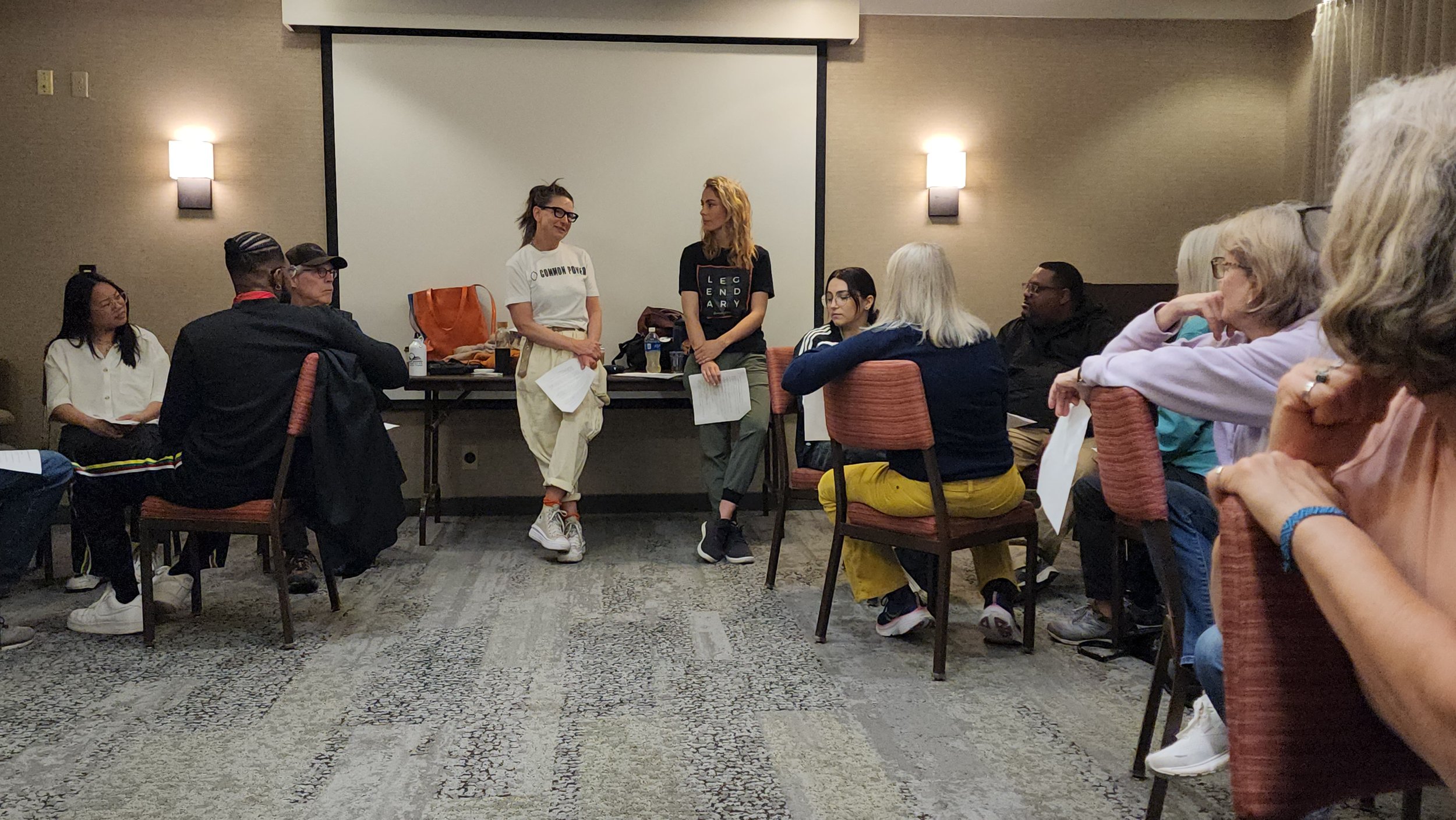

We make an effort to educate ourselves on the ground to better understand the states we work in and the voters we talk to as volunteers. To navigate spaces volunteers may have never been to before, we include special programming during our fieldwork trips to learn more about the neighborhoods we doorknock in, candidates our partners are supporting, and how we can have effective conversations with voters and other volunteers. We do this a few different ways on the ground.

Volunteer Training
Dialogue for Democracy
Political Education
Fieldwork Assembly
Get to Know
Partners and Candidates
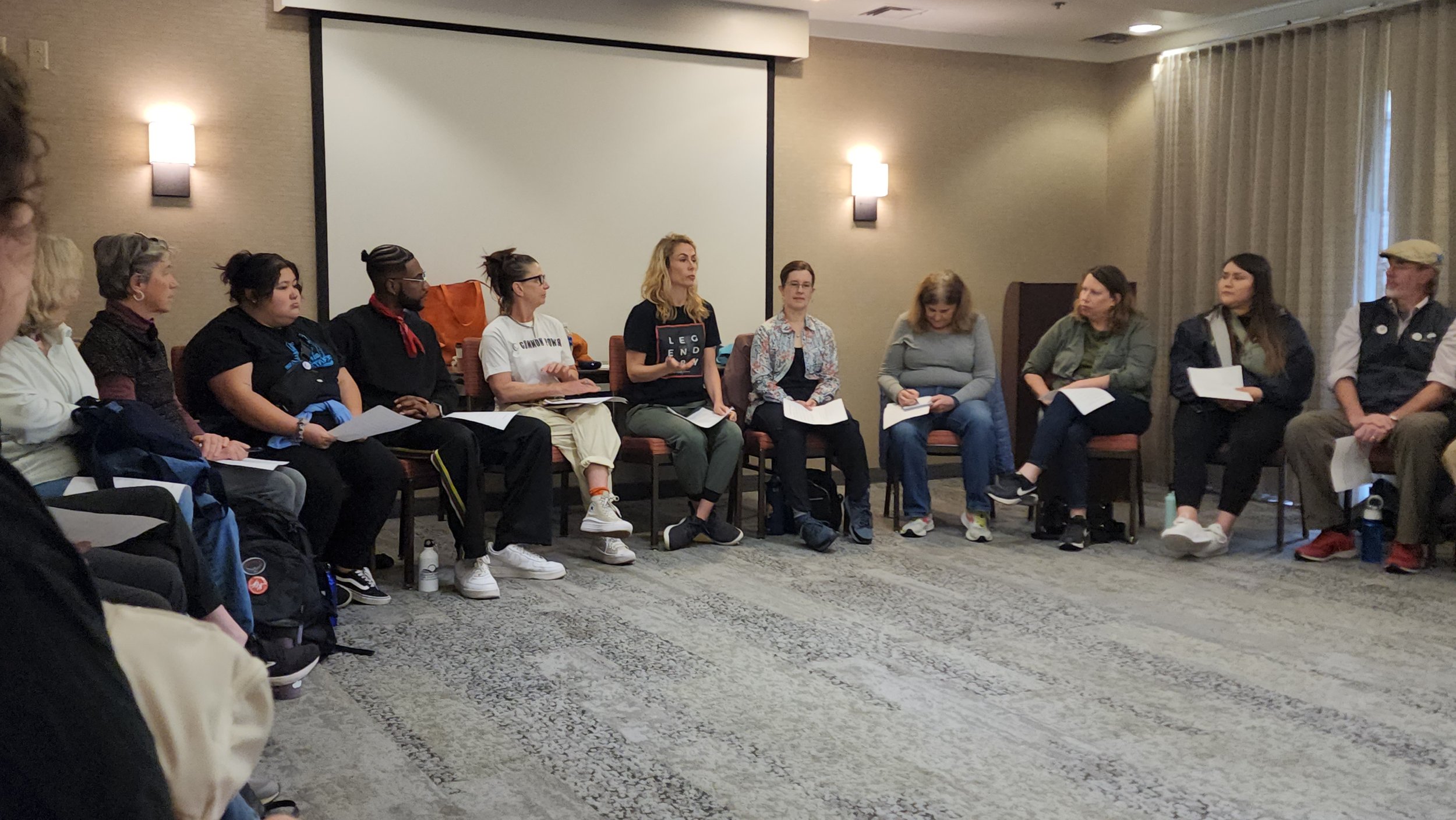
DIALOGUE FOR DEMOCRACY
Dialogue for Democracy session in Philadelphia, PA 2024.

Dialogue for Democracy is a highly interactive workshop aims that that to support Common Power volunteers in navigating diverse spaces and interpersonal dynamics with fellow volunteers and potential voters. The workshop’s content, activities, and exercises engage participants in reflection and mindfulness around identity, power, privilege, positionality, and bias. This workshop is often offered online and is part of our Volunteer Training series. However, it is also taught in person during some of our fieldwork trips.
Volunteer group during Dialogue for Democracy session in Arizona, 2024.
These sessions chiefly focus on power, privilege, and identity, discussing how macro-sources of socialization impact our biases, assumptions, and, ultimately, our ability to connect across differences. Our volunteers find this course very helpful on the ground to examine fieldwork scenarios together and unpack them to understand the interpersonal dynamics.

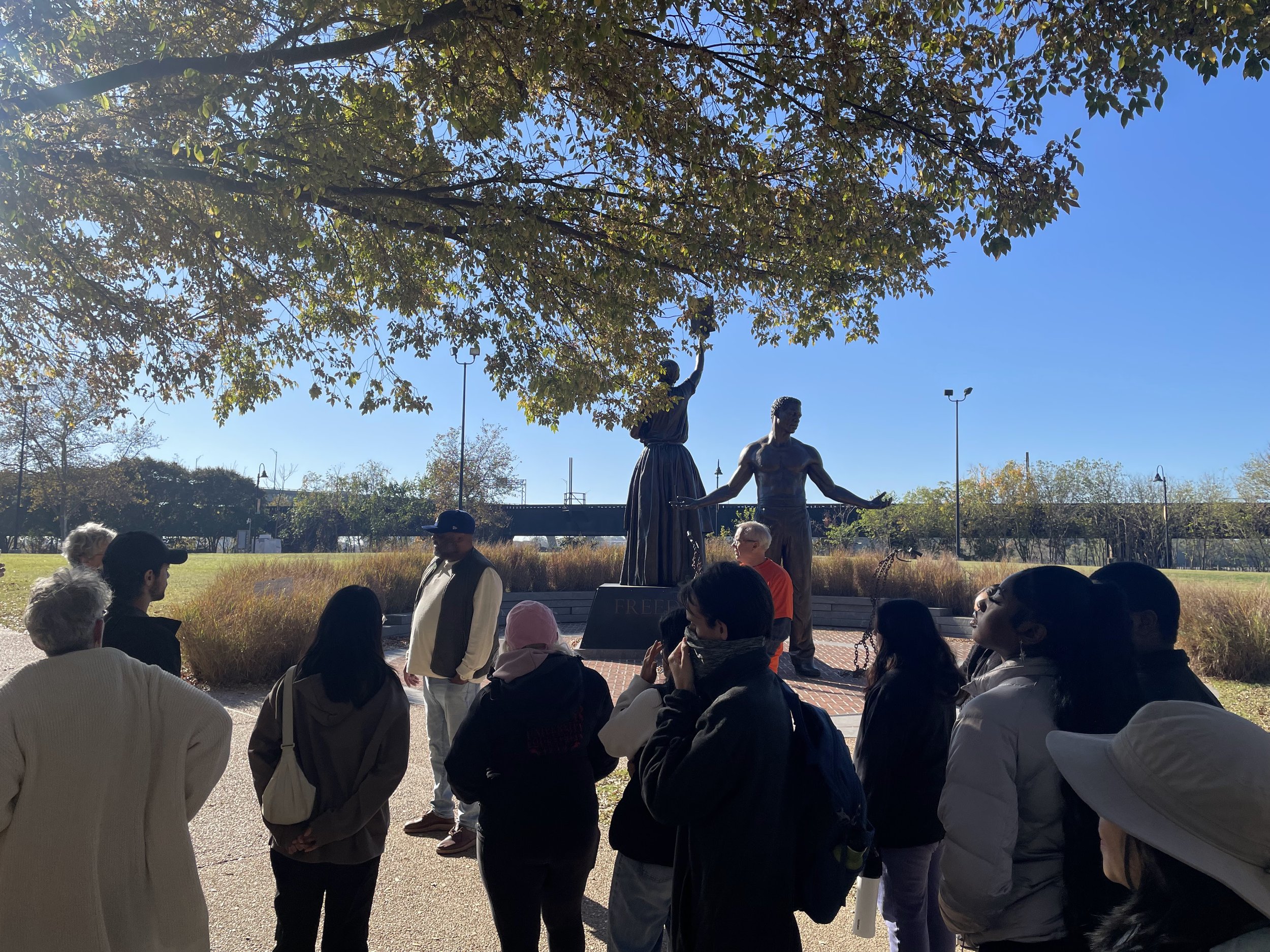
FIELDWORK ASSEMBLY
= Political Education + Leadership Development
Volunteers at Emancipation and Freedom Monument in Richmond, VA 2023.

While we’re on the ground, our team will speak to local experts who can share the political history of the community and inform us on the specific issues that voters care about. These assemblies, which often happen the morning before we doorknock, give our volunteers a deeper understanding of the communities they enter and engage with.
Dr. Donna Murch in PA, 2024
ED of Advance Carolina Marcus Bass in NC, 2024

COME FOR THE WORK. STAY FOR THE PEOPLE.
NOT READY?
→
Learn more on our Volunteer Training page





